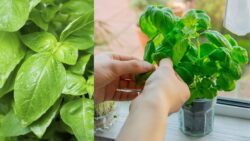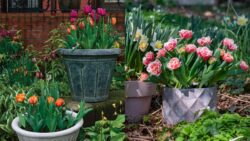Vegetables Grow Without Any Hassle : Foolproof Vegetables for First-Time Gardeners — These easy-to-grow veggies are perfect for beginners who want a successful garden without stress. Even if you’ve never planted anything before, these vegetables grow fast, require little care, and reward you with fresh, homegrown produce.
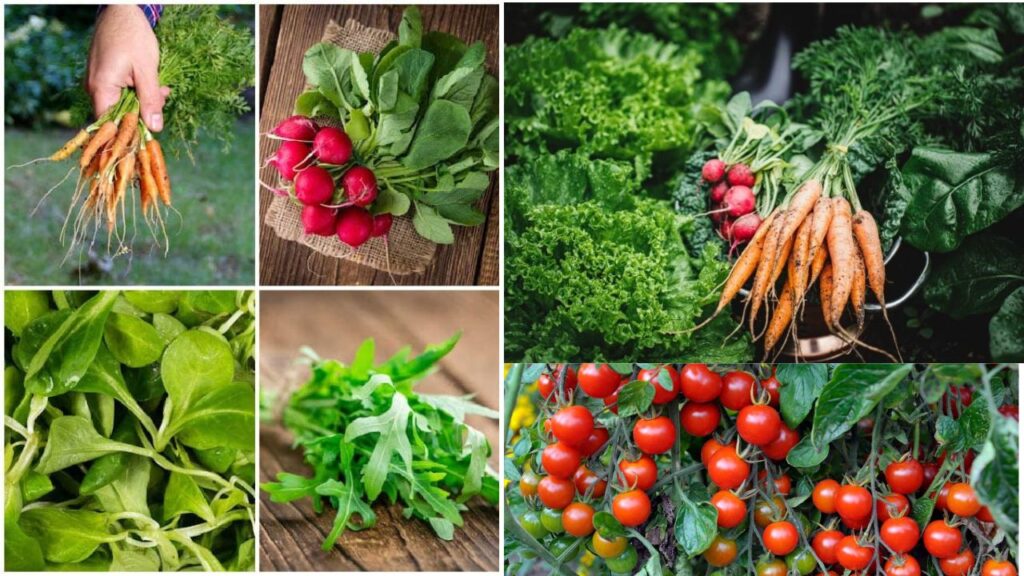
Why Growing Easy Vegetables Matters for Beginners
Starting your first garden can feel overwhelming, but choosing low-maintenance vegetables makes the journey fun and rewarding. Beginner-friendly crops thrive in different climates, tolerate minor mistakes, and produce healthy yields even in small spaces. These foolproof veggies help you gain confidence while learning the basics of watering, sunlight, and soil preparation.
9 Foolproof Vegetables That Grow Without Hassle
1. Tomatoes
Tomatoes are a favorite among beginners because they adapt well to containers or ground gardens. They love sunlight and grow rapidly when watered regularly. Cherry and Roma varieties are especially easy to manage.
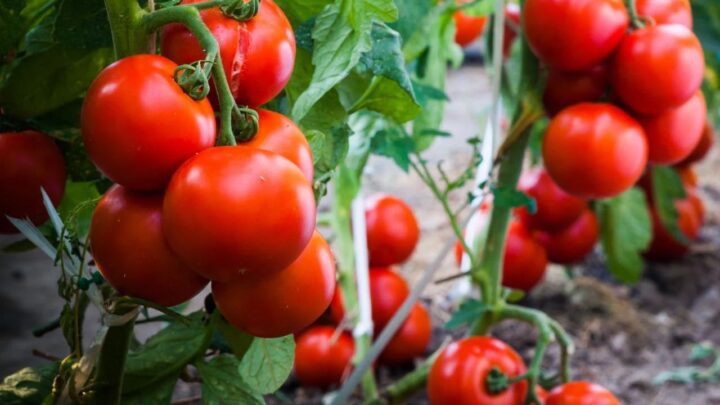
2. Lettuce
Lettuce grows fast, making it ideal for impatient gardeners. It thrives in cooler temperatures and can be grown indoors or outdoors. You can harvest the leaves continuously for weeks.
3. Radishes
Radishes mature in as little as three weeks. They’re incredibly forgiving and grow well even in average soil. Their quick harvest time keeps beginners motivated.
4. Spinach
Spinach grows easily in shaded or sunny spots. It doesn’t demand rich soil and can be picked multiple times throughout the season.
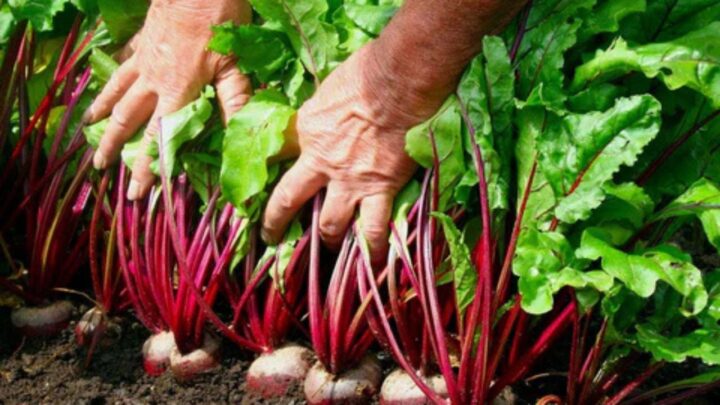
5. Zucchini
Zucchini plants produce abundant fruit with minimal care. A single plant can feed a family, making it perfect for first-time gardeners.
6. Green Beans
Green beans require little space and are very tolerant of beginner mistakes. Bush varieties grow compactly and don’t need staking.
7. Carrots
Carrots grow quietly under the soil and thrive with minimal attention. Loose, sandy soil helps them develop long, sweet roots.
8. Cucumbers
Cucumbers grow fast and love warm conditions. They can climb trellises to save space and give a continuous harvest throughout summer.
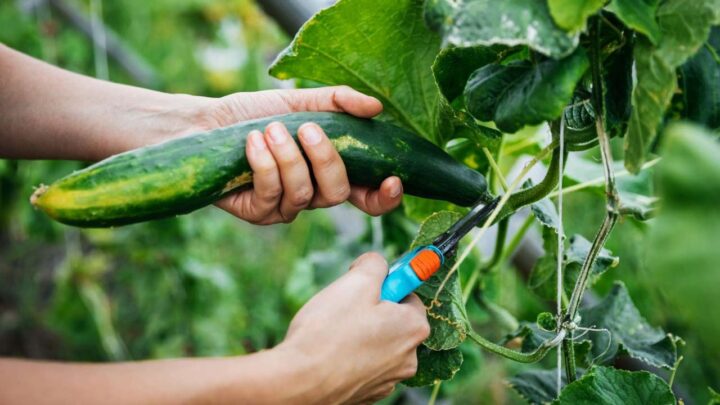
9. Peas
Peas are cold-weather champions that grow quickly and enrich the soil naturally. They need basic support and regular watering.
Step-by-Step Guide to Growing Foolproof Vegetables
- Step 1: Choose the Right Location
Select a sunny spot that gets at least 5–6 hours of light daily. Good sunlight helps vegetables like tomatoes and beans thrive. If you’re short on space, balcony containers or raised beds are great alternatives.
- Step 2: Prepare the Soil
Loosen the soil to improve air circulation and drainage. Add compost or organic manure to enrich nutrients naturally. Well-prepared soil ensures stronger roots and faster growth.
- Step 3: Pick Beginner-Friendly Seeds
Start with easy vegetables such as lettuce, spinach, and radish. Read seed packets for planting depth and spacing instructions. Avoid overcrowding, as plants need space to breathe.
- Step 4: Water Consistently but Not Excessively
Keep the soil moist but not soggy. Overwatering can cause root rot, while under-watering can stunt growth. Check soil moisture by touching the top inch before watering again.
- Step 5: Watch for Pests and Support Growth
Inspect leaves regularly for pests. Use natural remedies like neem oil or companion planting to control insects. Support climbing plants with stakes or trellises to prevent bending.
- Step 6: Harvest on Time
Don’t wait too long to harvest. Picking vegetables early encourages new growth and better yields. Enjoy your fresh produce immediately or store it in cool conditions.
Extra Tips for First-Time Gardeners
- Start small with 3–4 vegetables before expanding your garden.
- Use organic compost instead of chemical fertilizers for long-term soil health.
- Label plants to remember where each vegetable is growing.
- Water in the morning to reduce evaporation and fungal growth.
- Be patient—plants take time to adjust before showing visible progress.
FAQs
Which vegetable is the easiest to grow for beginners?
Lettuce and radishes are the easiest, as they grow fast and require very little maintenance.
How much sunlight do beginner vegetables need?
Most vegetables need around 5–6 hours of direct sunlight daily, though leafy greens can tolerate partial shade.
Can I grow these vegetables in pots?
Yes, all nine vegetables can grow well in containers if you use quality potting mix and proper drainage.
When is the best time to plant these veggies?
Spring and early summer are ideal for warm-season vegetables, while spinach and peas do better in cooler months.
Growing your own vegetables is a rewarding journey that teaches patience and responsibility. Even with small steps, you’ll soon enjoy the taste of fresh, homegrown produce and the pride of nurturing something from seed to harvest.

